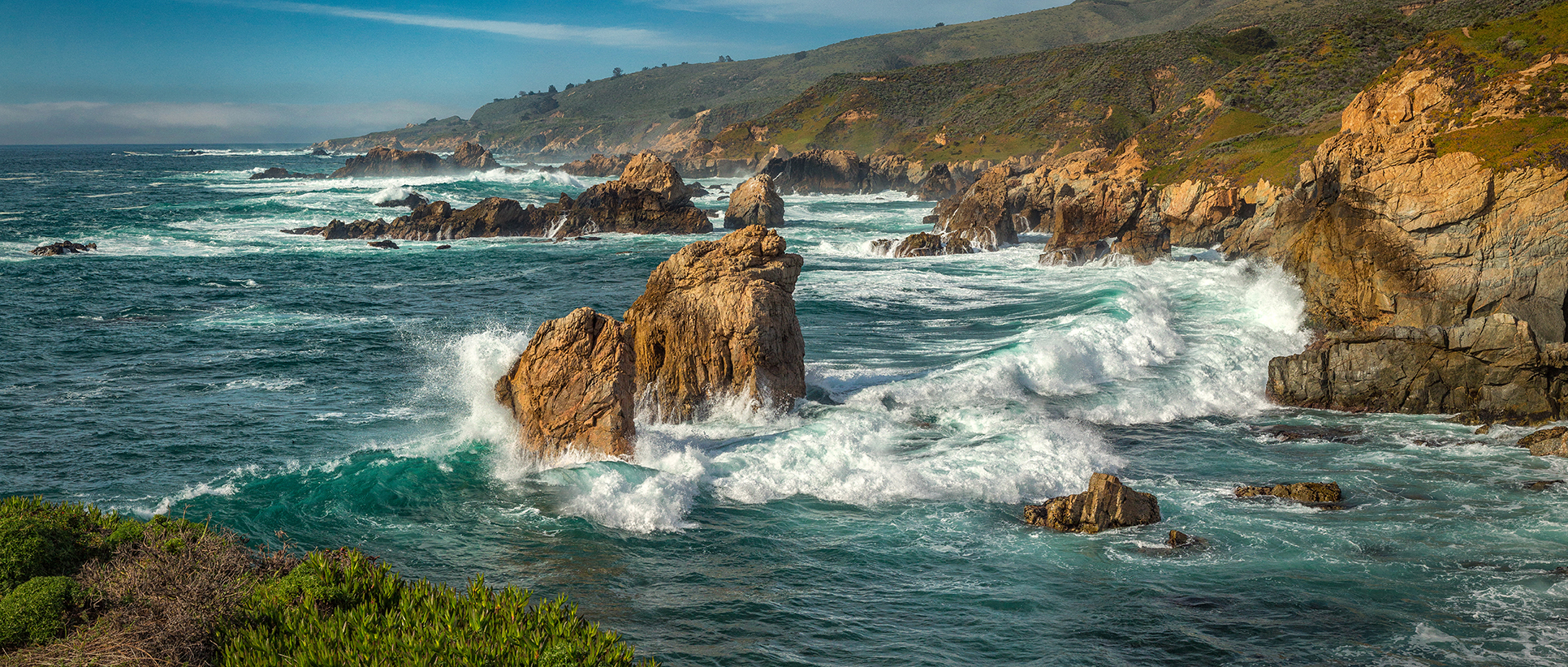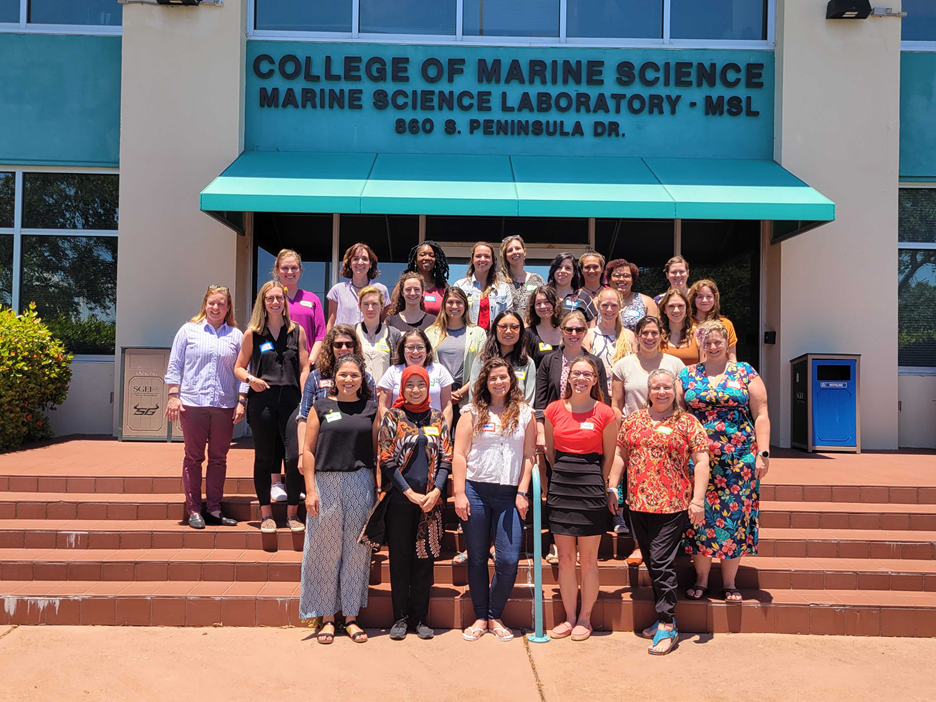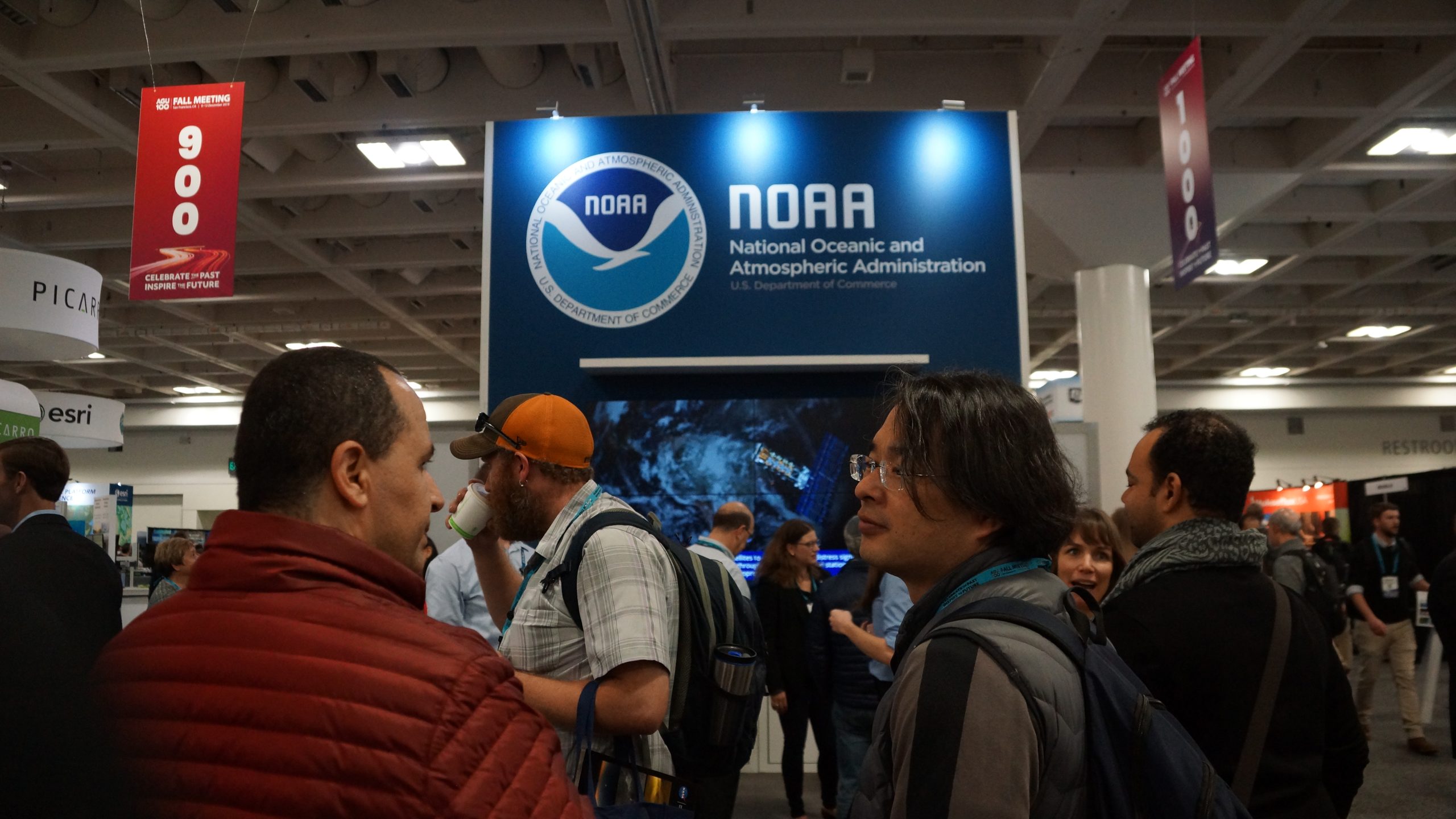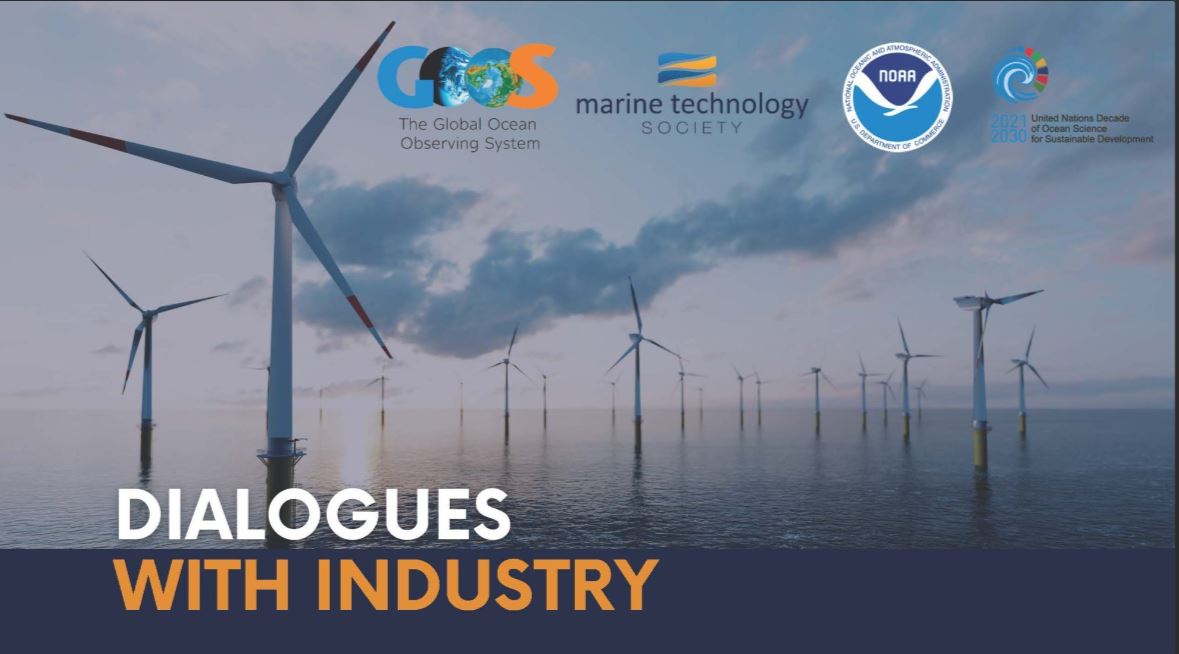Sep 23-27: GFDL Director, Dr. Ramaswamy, will travel to the Indian Institute of Science, Bangalore, India, to talk at the Global Water Future Conference.
Dr. Ram will present a lecture on greenhouse gases, aerosols, climate change and water cycle, both globally and in the South Asian region, and what this means for future water management. The goal of the conference is to continue evaluating the role of climate variations and change on the Earth’s water resources, and the nonstationary aspects of the hydrological cycle of evaporation and precipitation in the tropical regions. The outcomes of the conference deliberations will benefit NOAA through knowledge of the linkages between weather, climate, and water, and science-based solutions to address the current and future state of global water resource challenges.



